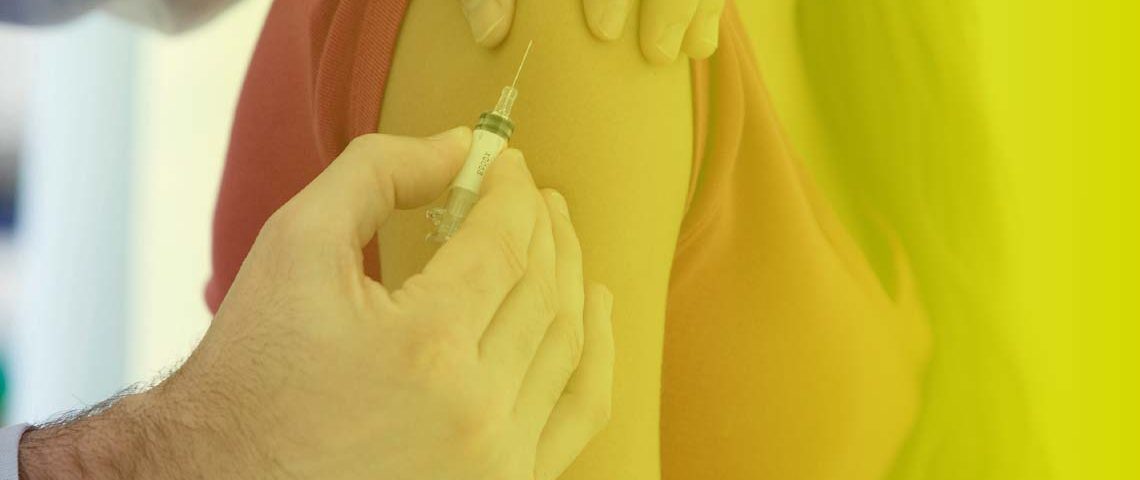Comissão científica






Colaboradores


The human papillomavirus (HPV) vaccine offers protection against six HPV-related cancers. In this study, approximately half of South Carolina adolescents did not complete the vaccination series, representing a missed opportunity to prevent cancer. A statewide social media campaign aimed to increase parental awareness and build trust around HPV vaccination.
In just ten weeks, the campaign resulted in more than 370,000 total impressions, reached more than 33,000 people, and culminated in more than 1,122 followers. “There were more than 2,700 social media engagements. In addition, Facebook and Twitter provided a low-cost model for cancer control,” explains Michelle Samora, a clinical oncologist at Centro Paulista de Oncologia (CPO), a clinic of the Oncoclínicas Group in São Paulo.
Comments promoting misinformation about the HPV vaccine were often challenged through peer-to-peer dialogue. The findings suggest that creating opportunities for the target audience to engage with the campaign messages effectively corrected the misinformation.
In the opinion of Filipe Prohaska Batista, infectious disease physician at MultiHemo, an Oncoclínicas Group clinic in Recife, the main reason why parents do not vaccinate their children against HPV is lack of knowledge: “In a survey conducted in Brazil, only 8% of parents knew about the need for vaccination and the long-term impacts. Misinformation regarding vaccines and non-existent adverse effects have been growing in recent decades but without any technical or scientific support.
Read the full article with all the details of this study.
